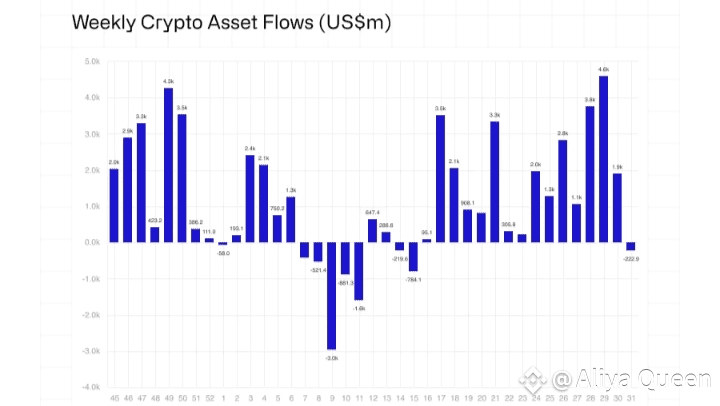New federal guidance distinguishes properly structured liquid staking from securities offerings, potentially unlocking billions in institutional investment.
The Securities and Exchange Commission has delivered a significant victory for Ethereum's staking infrastructure through new interpretive guidance that exempts certain liquid staking arrangements from securities regulations. This regulatory milestone could reshape how institutions approach Ethereum-based yield generation strategies.

Smart Contract Architecture Passes Regulatory Test
The SEC's Division of Corporation Finance determined that liquid staking protocols utilizing automated smart contract systems fall outside traditional securities frameworks when they eliminate human discretionary control. This technical distinction proves crucial for platforms operating through predetermined algorithmic processes rather than active management decisions.
Under this interpretation, protocols that execute staking operations through immutable code—without intermediary decision-making—avoid triggering the Howey test's investment contract criteria. The guidance specifically validates models where staking rewards flow directly through smart contracts to token holders without centralized intervention.
Receipt Tokens Gain Regulatory Safe Harbor
Popular liquid staking derivatives including stETH and rETH received explicit regulatory recognition as non-securities when properly structured. The SEC confirmed these receipt tokens represent legitimate ownership claims against underlying staked assets rather than investment contracts promising profits from others' efforts.
This classification hinges on tokens being issued through administrative blockchain processes that mechanically reflect staked asset positions. The guidance emphasizes that receipt tokens must maintain direct correlation with underlying Ethereum holdings without introducing speculative elements or management promises.
Institutional Adoption Prospects Expand
The regulatory clarity addresses a primary concern that had constrained institutional participation in Ethereum's $120 billion staking market. Financial institutions previously hesitated to engage with liquid staking protocols due to uncertainty about securities law compliance, limiting ecosystem growth potential.
With federal guidance now established, institutional investors can more confidently evaluate liquid staking as a legitimate yield strategy. This development may accelerate corporate treasury allocation to Ethereum staking and expand DeFi integration opportunities across traditional finance sectors.
The SEC's position represents a pragmatic approach to blockchain innovation, recognizing that decentralized protocols can operate outside traditional financial intermediation models when properly designed.